
How to get URL link on X (Twitter) App


 First, break up a cauliflower into florets…
First, break up a cauliflower into florets…





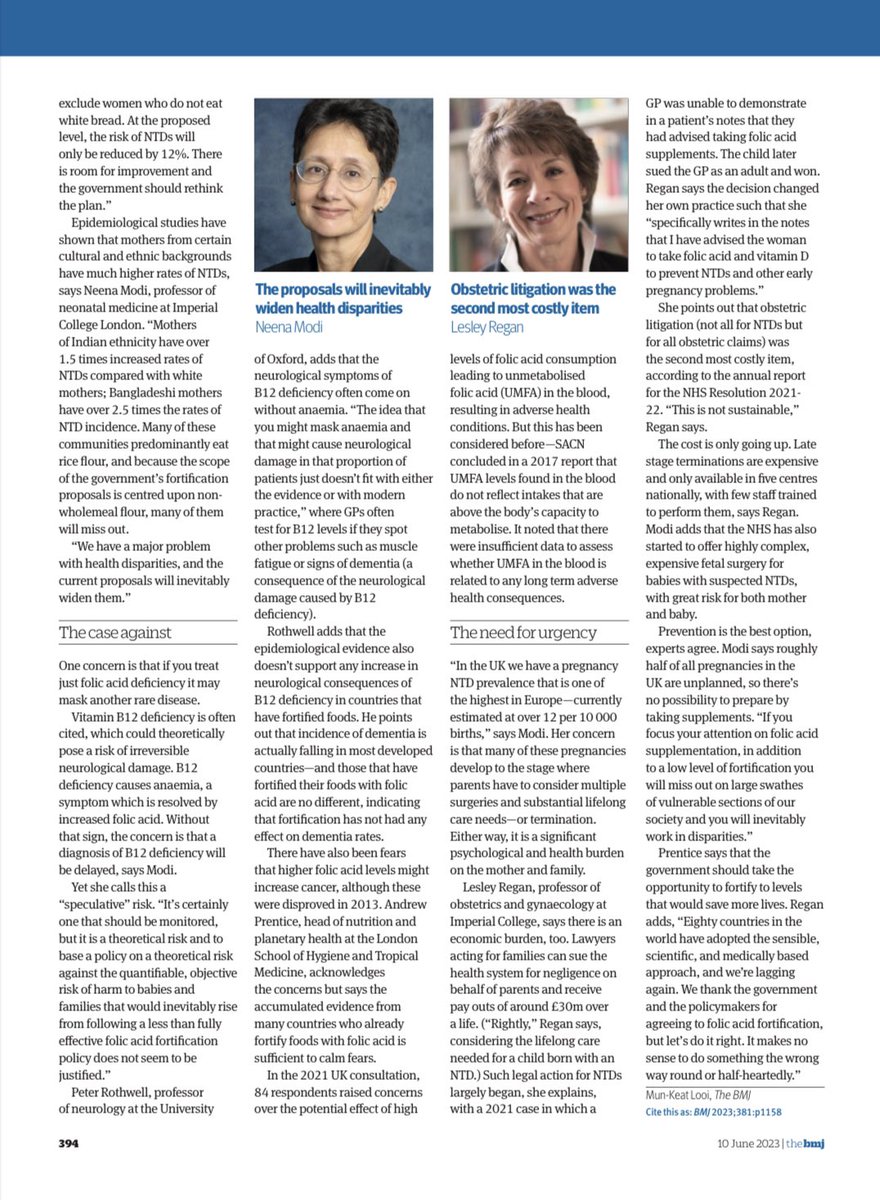 Folic acid has been a hot topic for years.
Folic acid has been a hot topic for years. 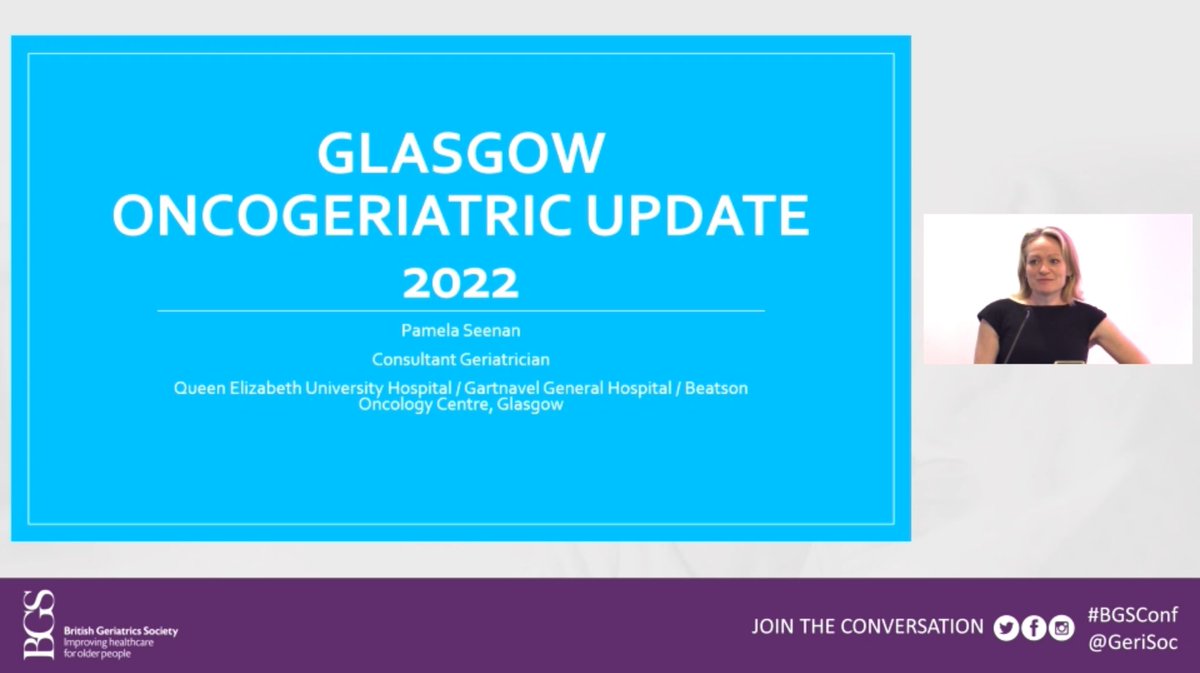



 Funnily enough, having a Comprehensive Geriatric Assessment helped people a great deal!
Funnily enough, having a Comprehensive Geriatric Assessment helped people a great deal!


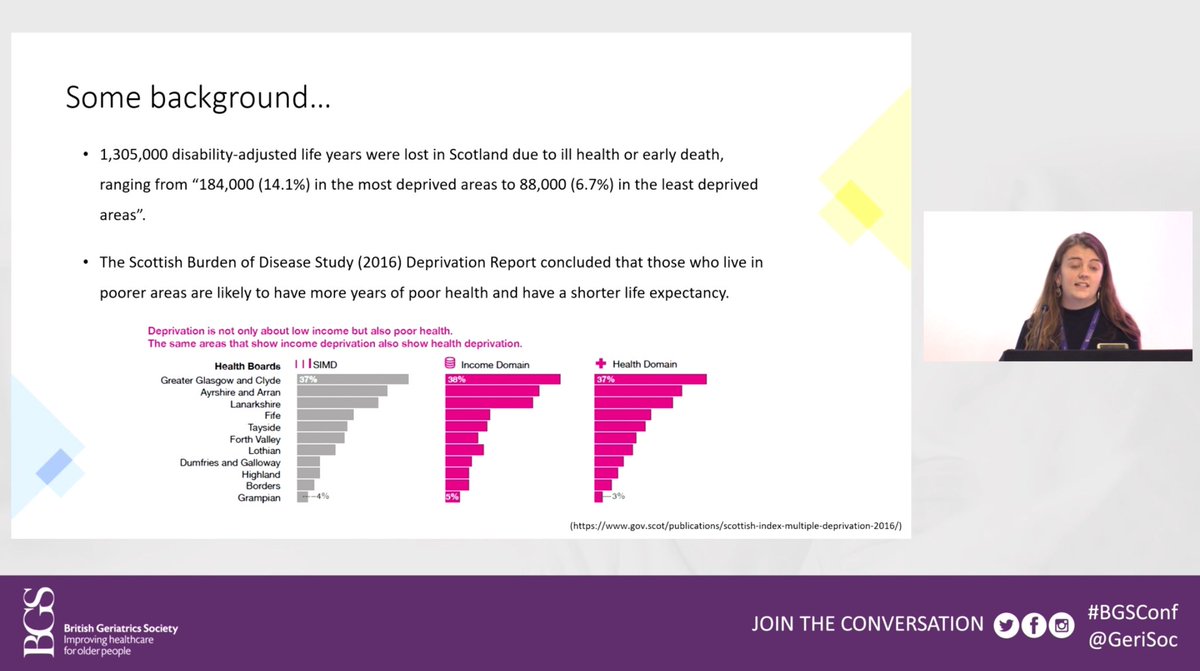
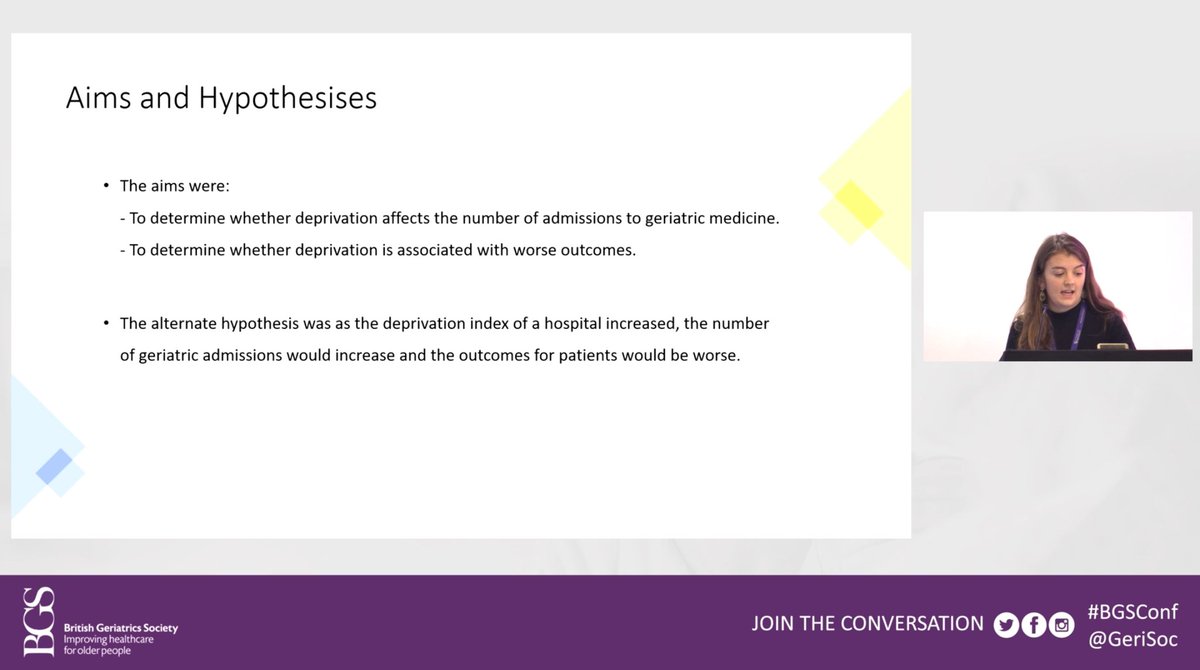
 I’ll tweet some of Maddie’s graphs. Some fascinating results, that aren’t straightforward to explain….
I’ll tweet some of Maddie’s graphs. Some fascinating results, that aren’t straightforward to explain….



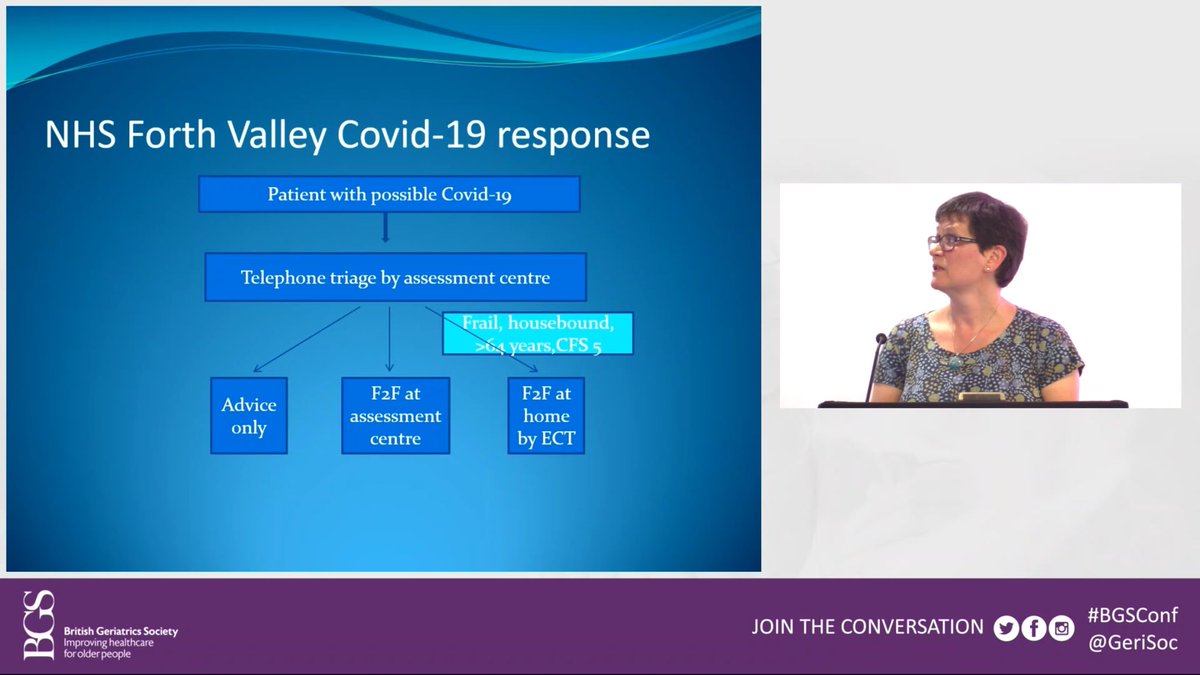
 Interesting results. The clinicians usually guessed right when the patient did or didn’t have #COVID19.
Interesting results. The clinicians usually guessed right when the patient did or didn’t have #COVID19.

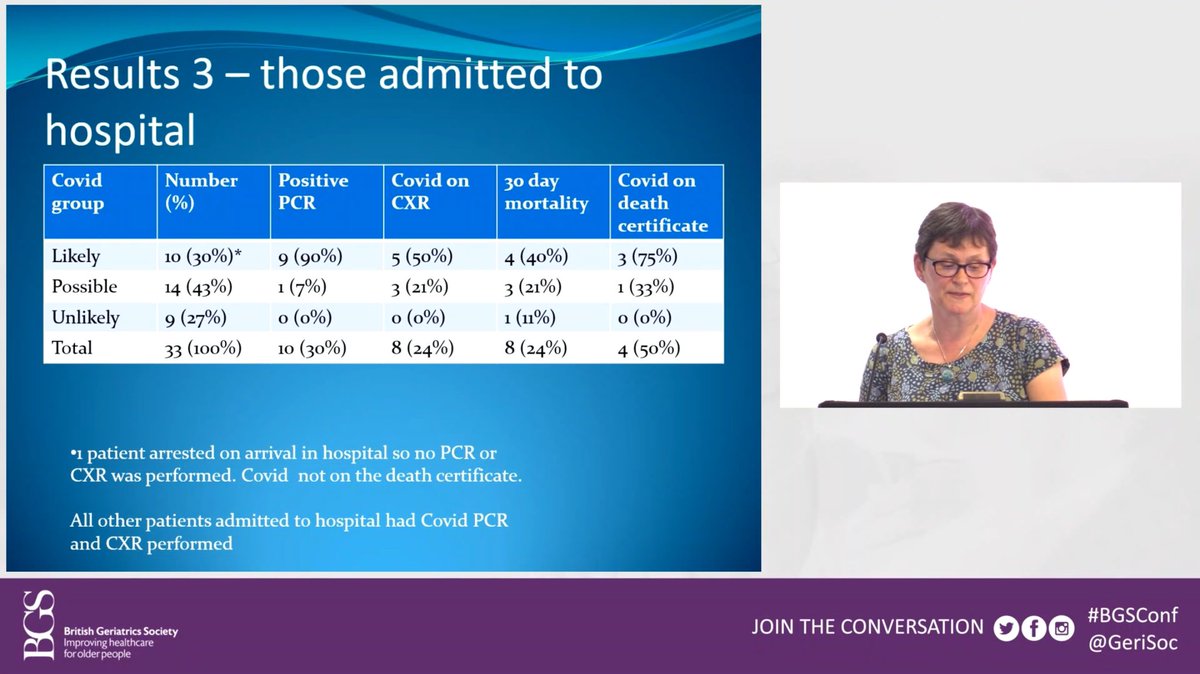


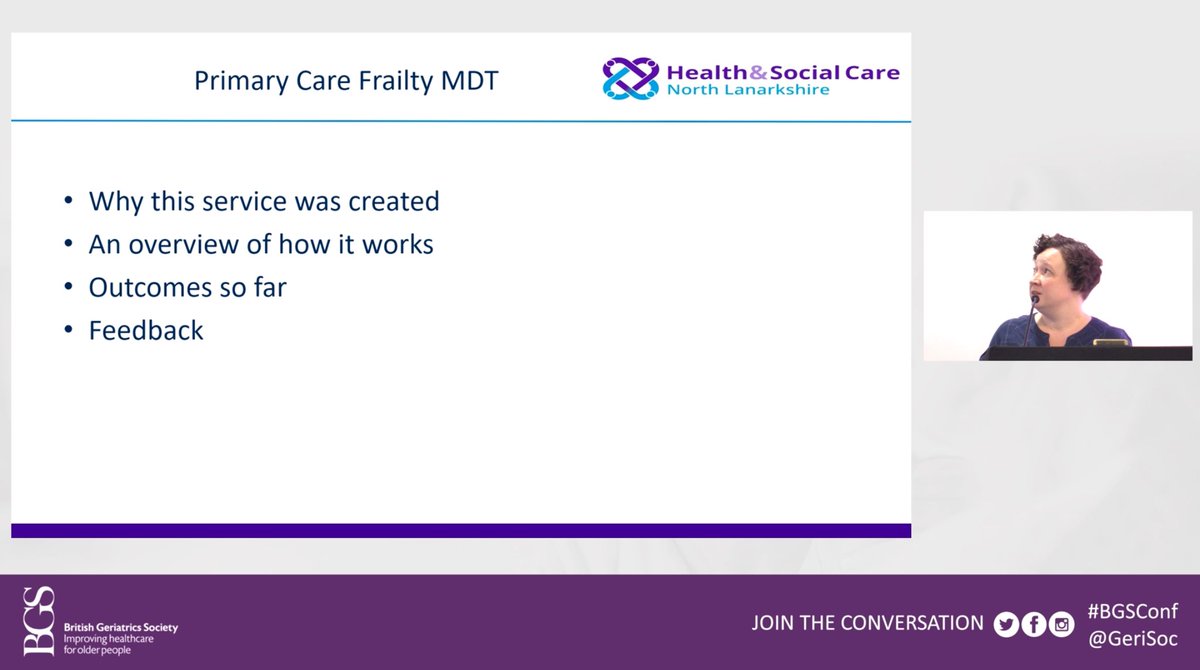

 There is research evidence to back up what’s being done. GPs and Primary Care Teams can do this, but don’t have time so having the MDT is working well.
There is research evidence to back up what’s being done. GPs and Primary Care Teams can do this, but don’t have time so having the MDT is working well.




 So many challenges. Older people are often discriminated against and yet are also often quite passive in accepting what they experience.
So many challenges. Older people are often discriminated against and yet are also often quite passive in accepting what they experience.


 It’s very impressive to see what Lyndsey and the @NHS_Lothian team have achieved with their programme.
It’s very impressive to see what Lyndsey and the @NHS_Lothian team have achieved with their programme. 





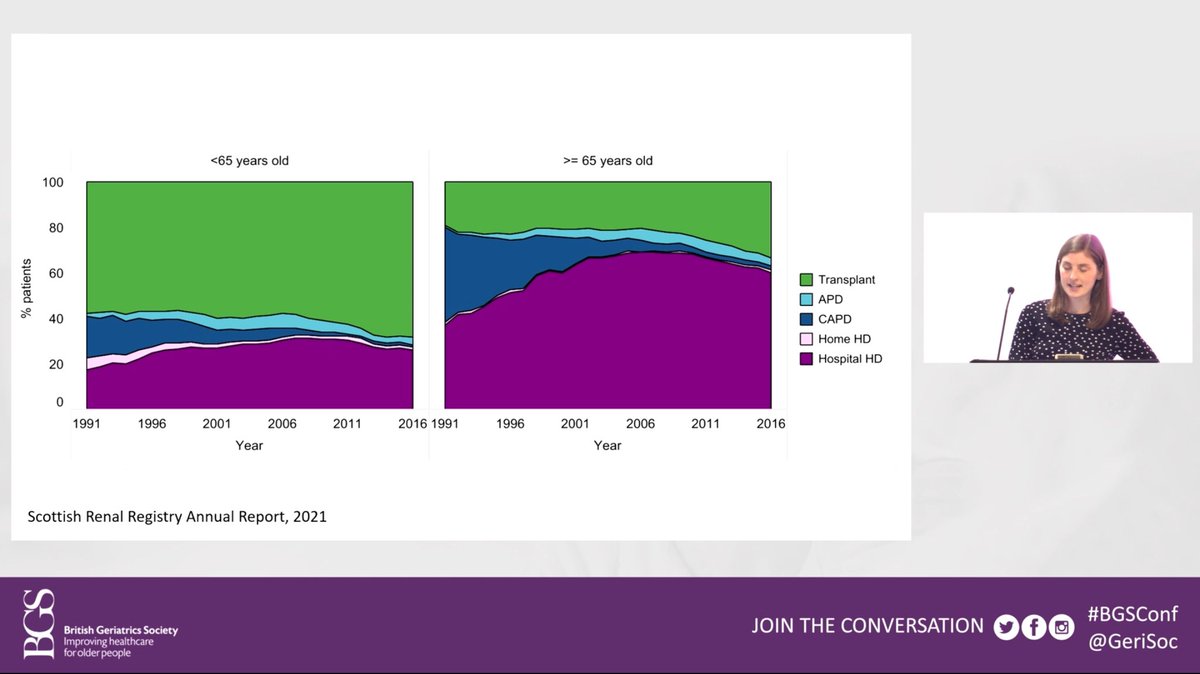
 We need to develop a better supportive care framework for caring for people.
We need to develop a better supportive care framework for caring for people.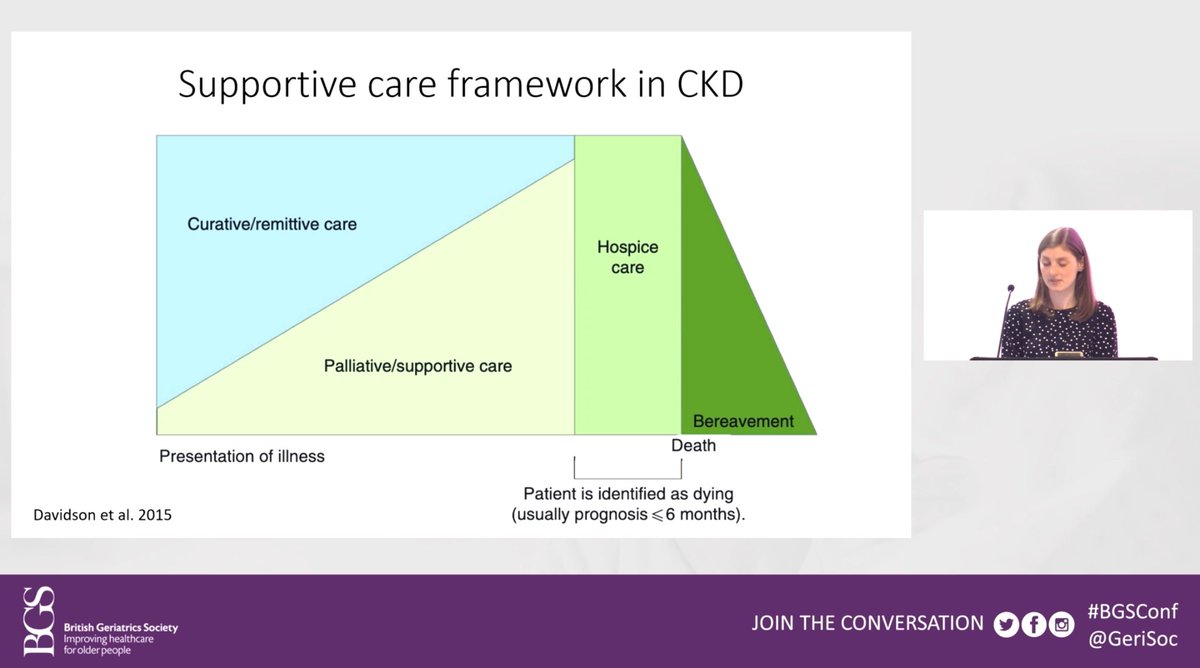

 Many sensible comments from Helen:
Many sensible comments from Helen:https://twitter.com/thtorguk/status/1362873098215821314Those lovely men. They came to our clinic with reams of paper from Daisy Wheel printers, all taken from this thing called the “Internet”...